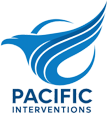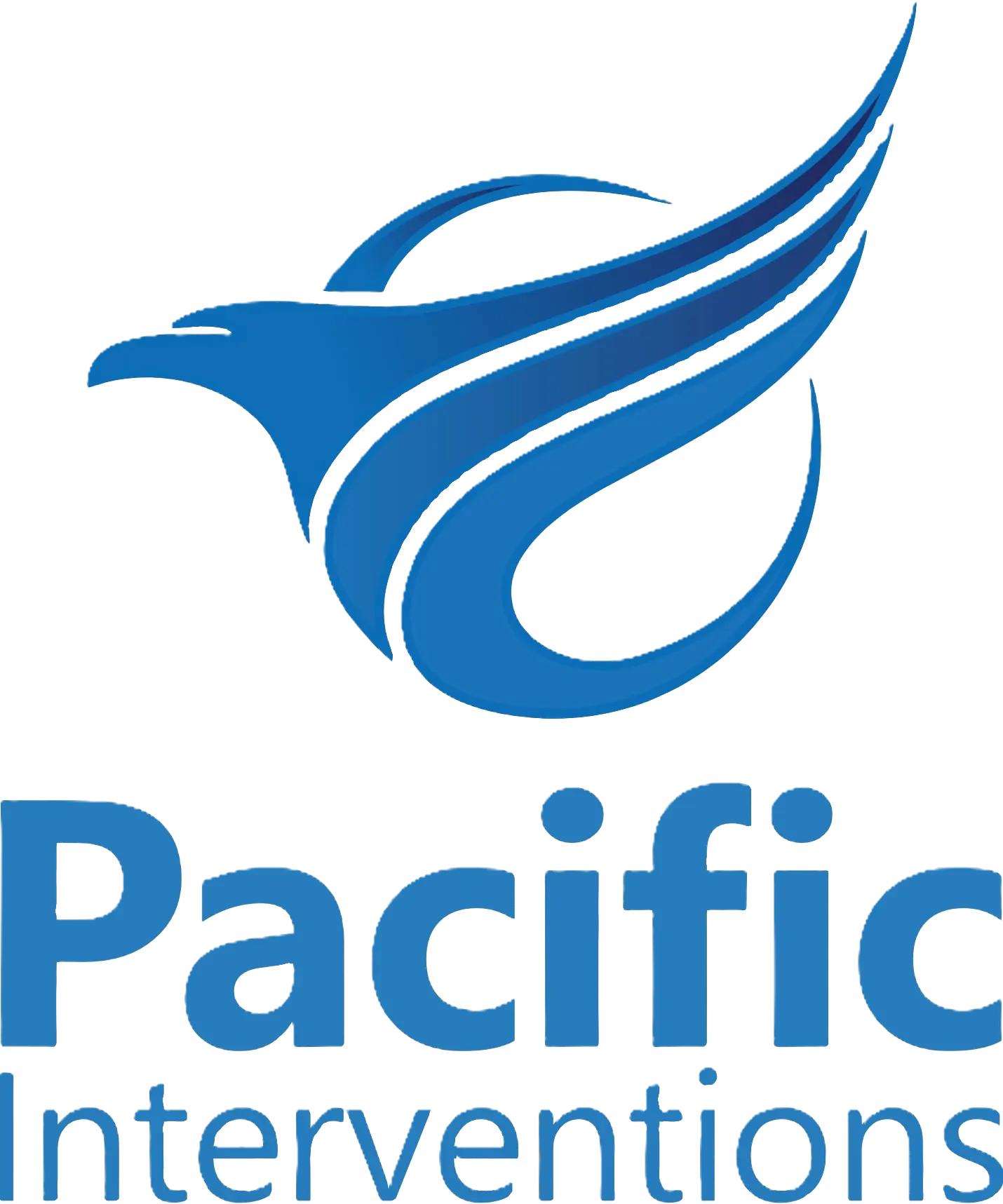Addiction is one of the most misunderstood health issues today. Many still wonder: is addiction a disease, a choice, or a matter of willpower?
Increasingly, scientific research points to addiction as a disease that impacts the brain’s structure and function, making it difficult for individuals to quit without professional help.
In this blog, we’ll discuss why addiction is classified as a disease, how it affects the brain, and why treating it with evidence-based medical approaches is essential.
At Pacific Interventions, we focus on compassionate, scientifically backed treatments to support individuals throughout their recovery journey.
Defining Addiction as a Disease
Addiction is more than a matter of willpower; it’s a complex, chronic disease that affects the brain and body.
Recognized by major medical organizations like the American Medical Association (AMA) and the World Health Organization (WHO), addiction alters key areas of the brain involved in reward, motivation, and memory. This neurological change is what makes addiction so challenging to overcome alone.
The AMA acknowledges addiction as a complex disease that affects brain function and behaviour, emphasizing the need for comprehensive treatment approaches.
Similarly, the WHO classifies addictive behaviours as health conditions that can lead to significant health consequences, highlighting the importance of addressing them through appropriate interventions.
Recognizing addiction as a disease helps to reduce stigma. Instead of blaming individuals for a “lack of self-control,” this perspective emphasizes the importance of medical treatment and support. Like other diseases, addiction requires ongoing care to help individuals manage symptoms and work toward recovery.

How Addiction Changes the Brain
Addiction profoundly impacts areas of the brain responsible for decision-making, impulse control, and behaviour. Substances like drugs and alcohol stimulate the brain’s reward system by triggering the release of dopamine, a chemical associated with pleasure and motivation.
Over time, as the brain adapts to frequent exposure to these substances, it requires more to achieve the same effect. This leads to cravings, dependency, and an impaired ability to make rational decisions.
Why is addiction considered a brain disease?
Addiction is classified as a brain disease because it alters brain circuits tied to reward, motivation, and self-control. These neurological changes make it extremely challenging for individuals to quit on their own.
The continued exposure to addictive substances changes the brain’s structure and function, reinforcing the cycle of addiction. Viewing addiction as a brain disease allows for treatment approaches that focus on reversing these brain changes.

Chronic Nature of Addiction
Like diabetes, asthma, or hypertension, addiction is a chronic disease that requires ongoing management and support. People with addiction may experience periods of relapse, just as those with other chronic conditions might have flare-ups. But with consistent treatment, recovery is possible.
At Pacific Interventions, we understand the chronic nature of addiction and emphasize continuous support. Treatment may begin with detox or intensive therapy, but it also includes long-term strategies to help individuals manage symptoms and reduce the risk of relapse. This approach allows individuals to see addiction as a condition they can learn to manage, rather than a flaw they need to “fix.”
The Role of Genetics and Environment
Both genetics and environment play significant roles in the risk of developing addiction. Studies show that individuals with family histories of addiction are more likely to experience it themselves. However, environmental factors—like exposure to trauma, peer influence, stress, and community resources—also shape an individual’s susceptibility.
This mix of genetic and environmental influences reinforces that addiction is not merely a choice or weakness. It’s a disease shaped by complex, often uncontrollable factors, underscoring the need for professional intervention and support. At Pacific Interventions, we take these influences into account when designing personalized treatment plans that address each person’s unique background and needs.
Effective Treatment for Addiction as a Disease
Understanding addiction as a disease underscores the importance of evidence-based treatment. Pacific Interventions uses scientifically backed therapies, such as Cognitive Behavioural Therapy (CBT) and Dialectical Behaviour Therapy (DBT), to support those struggling with addiction. These therapies focus on identifying triggers, managing cravings, and developing healthy coping strategies, all of which are essential for long-term recovery.
By treating addiction with proven medical approaches, Pacific Interventions provides clients with the tools needed to rebuild their lives. Therapy combined with community support, recovery coaching, and post-treatment care forms a comprehensive framework that respects addiction’s complexity and acknowledges the challenges of managing a chronic disease.
Conclusion
Recognizing addiction as a disease can shift our approach to treatment and recovery. This understanding acknowledges addiction’s impact on the brain, the role of genetics and environment, and the importance of continuous care.
At Pacific Interventions, we approach addiction with compassion, science, and respect for each individual’s journey. Through personalized and evidence-based treatments, we aim to empower clients to build healthier, addiction-free lives.
Recovery isn’t a quick fix—it’s a process —and our dedicated team is here to support it every step of the way.



